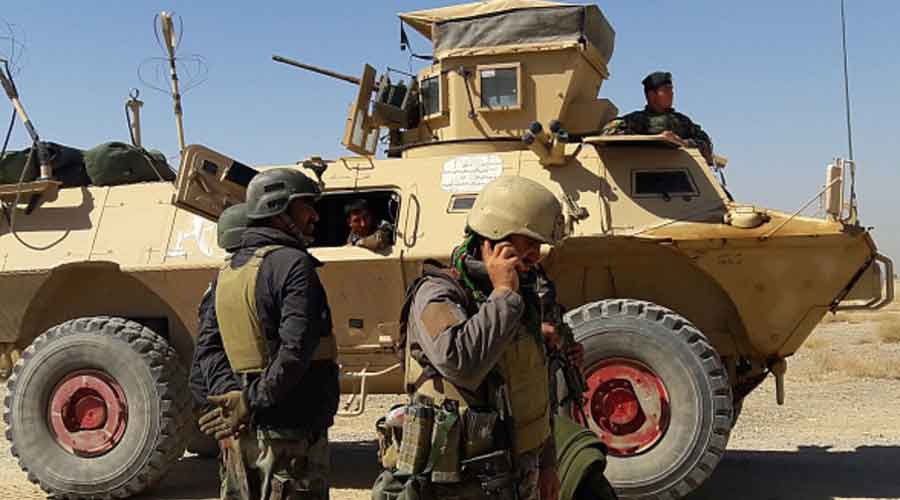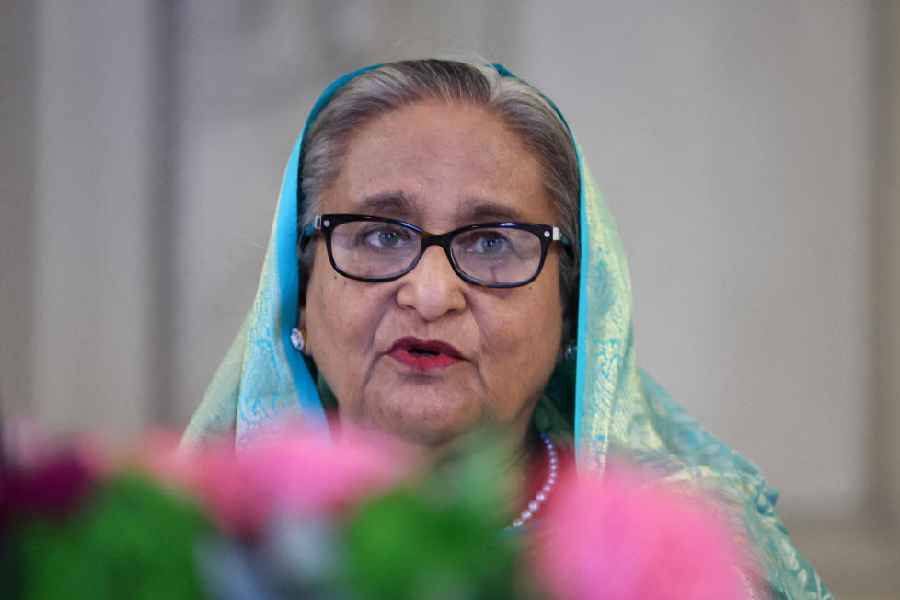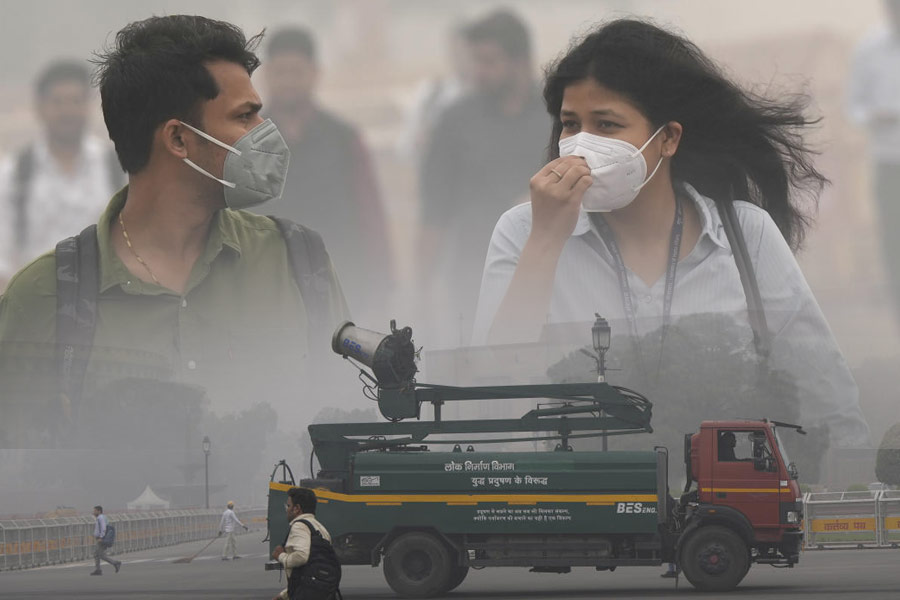Taliban insurgents have seized Afghanistan's second and third-biggest cities, local officials said on Friday, as resistance from government forces crumbled and fears grew that an assault on the capital Kabul could be just days away.
A government official confirmed that Kandahar, the economic hub of the south, was under Taliban control as U.S.-led international forces complete their withdrawal after 20 years of war.
Herat in the west also fell to the hardline Islamist group.
"The city looks like a frontline, a ghost town," provincial council member Ghulam Habib Hashimi said by telephone from the city of about 600,000 people near the border with Iran.
"Families have either left or are hiding in their homes."
A U.S. defence official said there was concern that the Taliban - ousted from power in 2001 after the Sept. 11 attacks on the United States - could make a move on Kabul within days.
President Joe Biden's administration on Thursday announced plans to send 3,000 additional troops to help evacuate U.S. embassy staff, and the Pentagon said most would be in Kabul by the end of the weekend. Britain also confirmed the start of a military operation to support the evacuation of its nationals.
"Kabul is not right now in an imminent threat environment, but clearly ... if you just look at what the Taliban has been doing, you can see that they are trying to isolate Kabul," Pentagon spokesman John Kirby said on Friday.
The White House said Biden was receiving regular briefings from his national security team on efforts to remove U.S. civilians.
The U.S. embassy in the Afghan capital informed staff that burn bins and an incinerator were available to destroy material including papers and electronic devices to "reduce the amount of sensitive material on the property," according to an advisory seen by Reuters.
A State Department spokesperson said the embassy was following standard procedure to "minimize our footprint."
The United Nations has said it would not evacuate its personnel from Afghanistan but was relocating some to Kabul from other parts of the country. Many other Western embassies and aid groups said they were bringing some staff home.
U.N. Secretary-General Antonio Guterres warned that "Afghanistan is spinning out of control" and urged all parties to do more to protect civilians.
"This is the moment to halt the offensive. This is the moment to start serious negotiation. This is the moment to avoid a prolonged civil war, or the isolation of Afghanistan," Guterres told reporters in New York.
Afghan First Vice President Amrullah Saleh said after a security meeting chaired by President Ashraf Ghani that he was proud of the armed forces and the government would do all it could to strengthen resistance to the Taliban.
'Humanitarian catastophe'
The explosion in fighting has raised fears of a refugee crisis and a rollback of gains in human rights. Some 400,000 civilians have been forced from their homes since the start of the year, 250,000 of them since May, a U.N. official said.
Families were camping out in a Kabul park with little or no shelter, having escaped violence elsewhere in the country.
"The situation has all the hallmarks of a humanitarian catastrophe," the U.N. World Food Programme's Thomson Phiri told a briefing.
Under Taliban rule from 1996 to 2001, women could not work, girls were not allowed to attend school and women had to cover their face and be accompanied by a male relative if they wanted to venture out of their homes.
Of Afghanistan's major cities, the government still holds Mazar-i-Sharif in the north and Jalalabad, near the Pakistani border in the east, in addition to Kabul.
The Taliban has taken the towns of Lashkar Gah in the south and Qala-e-Naw in the northwest, security officials said. Firuz Koh, capital of central Ghor province, was handed over without a fight.
Kandahar's loss is a heavy blow to the government. It is the heartland of the Taliban - ethnic Pashtun fighters who emerged in 1994 amid the chaos of civil war.
The militants have taken control of 14 of Afghanistan's 34 provincial capitals since Aug. 6.
After seizing Herat, the insurgents detained veteran commander Ismail Khan, an official said. They had promised not to harm him and other captured officials.
A Taliban spokesman confirmed that Khan, who had been leading fighters against the insurgents, was in their custody. Al-Jazeera later reported Khan had boarded a plane to Kabul bearing a message from the Taliban. The report could not immediately be confirmed.
The speed of the Taliban's gains has led to recriminations over the U.S. withdrawal, which was negotiated last year under the administration of Biden's Republican predecessor, Donald Trump.
Biden said this week he did not regret his decision to follow through with the withdrawal. He noted Washington spent more than $1 trillion and lost thousands of troops over 20 years of war, and called on Afghanistan's army and leaders to step up.
Opinion polls showed most Americans back Biden's decision. But Republicans criticized the Democratic president.
U.S. Senate Republican leader Mitch McConnell called the situation in Afghanistan "a debacle" but said it was not too late to stop the Taliban overrunning the capital by providing air and other support for Afghan forces.











